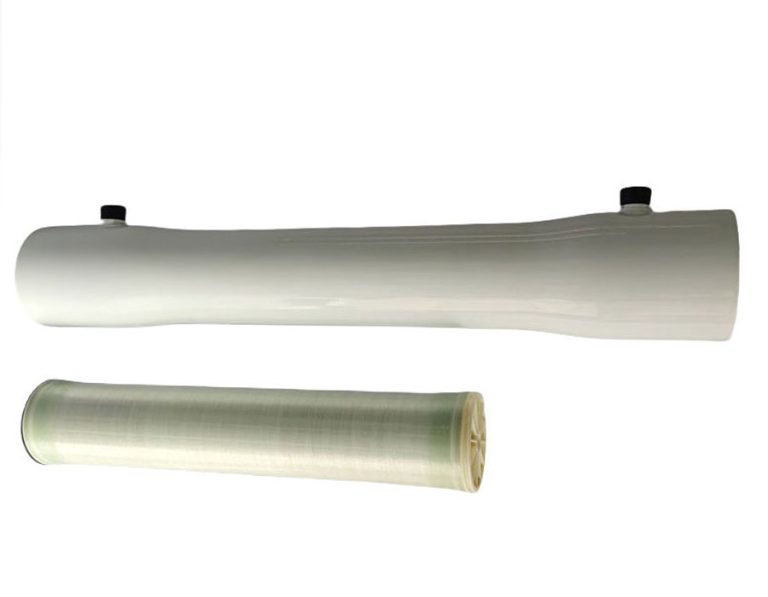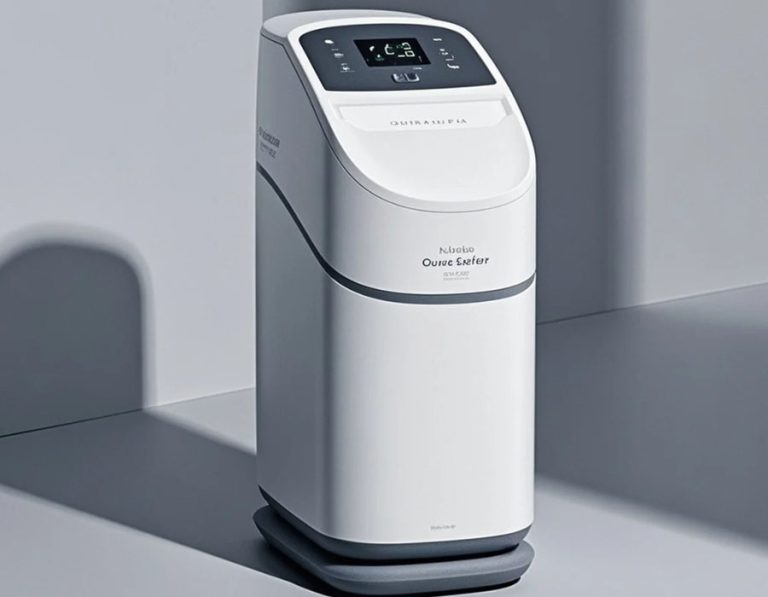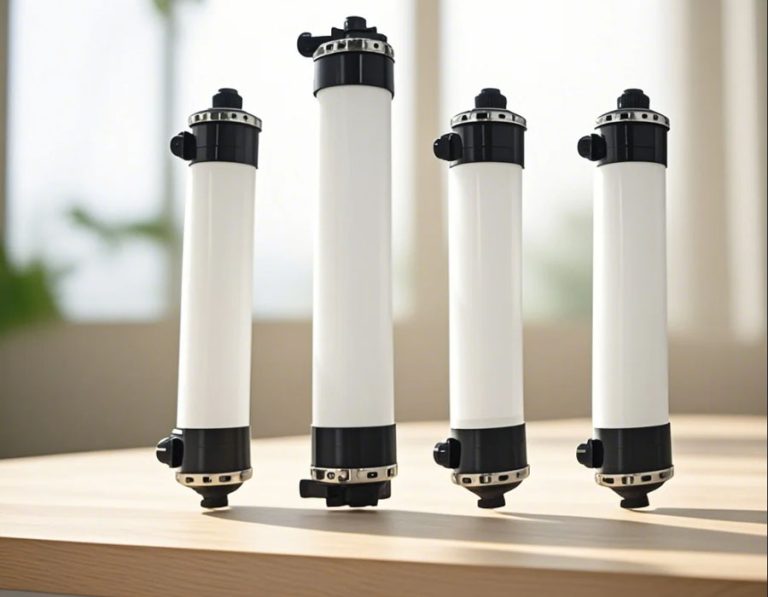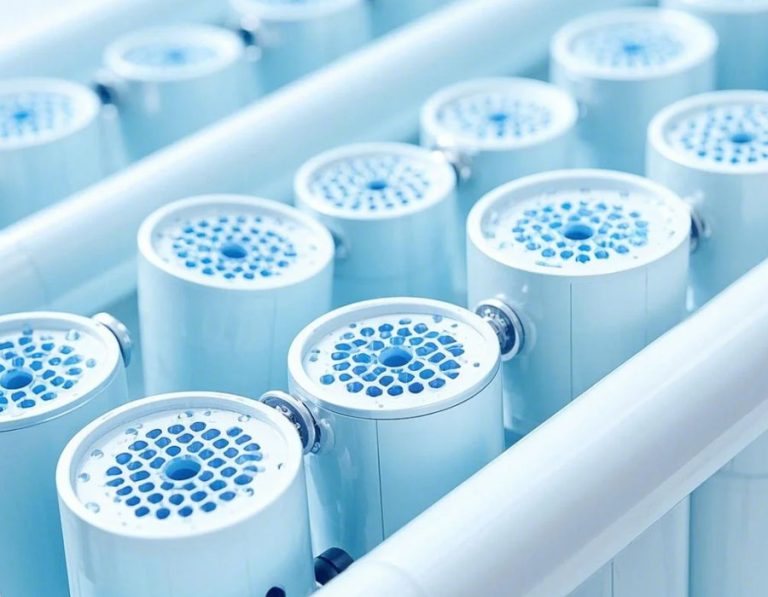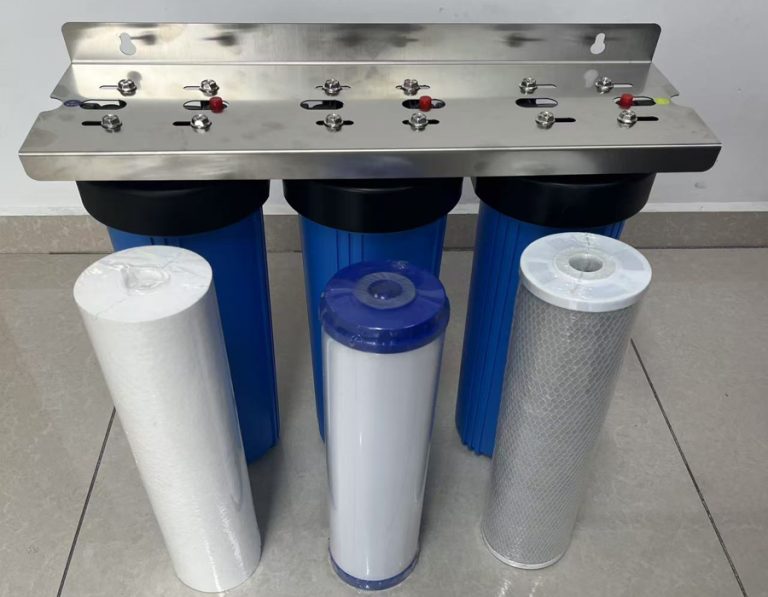One stop supplier of water treatment parts&accessories
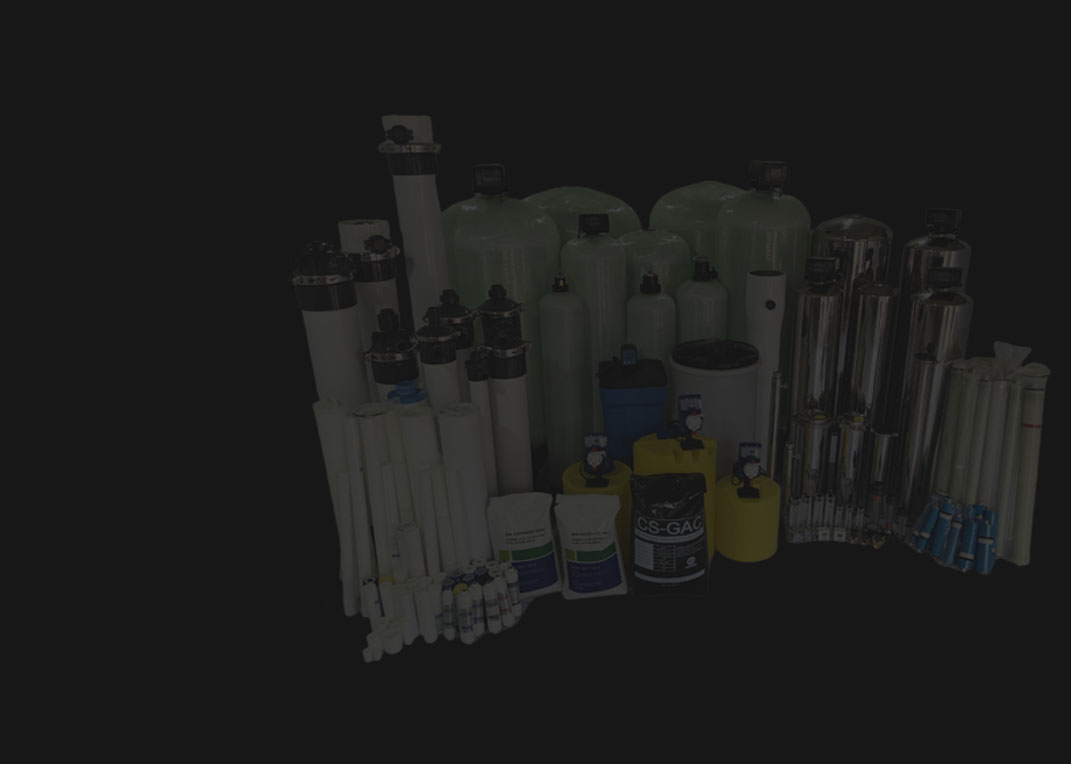
how long does water softener resin last
how long does water softener resin last? This is a common question among homeowners with water softening systems. The lifespan of the resin matters as it impacts the performance of your water softener. Let’s find out what affects its longevity and how to make it last longer.
What is Water Softener Resin?
Water softener resin consists of tiny beads made of polystyrene. These beads are charged with sodium or potassium ions, which exchange places with calcium and magnesium ions in hard water.
This ion exchange process is what softens your water. However, over time, the resin beads lose their effectiveness and need replacement.
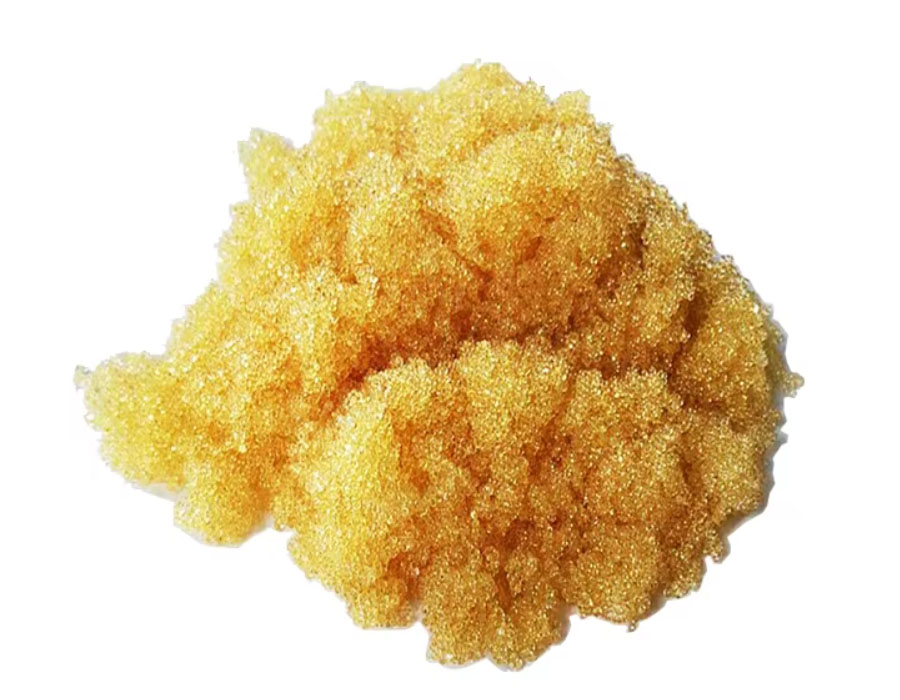
Average Lifespan of Water Softener Resin
So, how long does water softener resin last? On average, resin lasts between 10 to 15 years. However, this can vary based on several factors, such as water quality and usage.
For example, if your water has high iron content, the resin may wear out faster. Similarly, households with high water usage may need to replace resin sooner.
Factors That Affect Resin Lifespan
Quality of the Resin
Initial Investment Matters
The quality of the water softener resin you buy is crucial. High – quality resin, often from well – known brands, is designed to last longer. For example, resins made by trusted manufacturers use better materials. So, if you invest more initially, you might get a resin that endures for years. However, cheaper resins might not be as durable. Thus, quality is a key factor in answering how long does water softener resin last.
Material Composition
Resins come in different material compositions. Cation exchange resins, which are common, can vary in their chemical makeup. Some are more resistant to wear and tear. The type of polymer used can affect the lifespan. For instance, certain polymers are better at withstanding harsh water conditions. So, understanding the material helps in predicting how long your water softener resin will last.
Water Quality
Hardness Levels
Water hardness plays a big role. If your water is extremely hard, the resin has to work harder. More calcium and magnesium ions need to be exchanged. This can wear out the resin faster. In areas with very hard water, the resin might need replacement sooner. So, how long does water softener resin last in hard water? It’s generally shorter than in softer water.
Contaminants in Water
Besides hardness, other contaminants can impact the resin. Iron, manganese, and chlorine in the water can damage the resin. Iron, for example, can coat the resin beads, reducing their effectiveness. If your water has high levels of these contaminants, it’s important to address them. Otherwise, the resin’s lifespan will be shortened.
Regeneration Process
Frequency of Regeneration
Proper regeneration is vital. How often should you regenerate? It depends on water usage and hardness. If you regenerate too rarely, the resin can become saturated and less effective. But over – regeneration can also harm the resin. A good balance is key. So, getting the regeneration frequency right affects how long does water softener resin last.
Regeneration Method
The method used for regeneration matters too. Using the correct amount of regenerant, like salt, is crucial. If you use too little, the resin won’t be fully regenerated. Too much can be wasteful and might even damage the resin. So, following the proper regeneration method is essential for a long – lasting resin.
Maintenance and Care
Regular Inspections
Regularly checking the resin can help you spot problems early. Look for signs of bead breakage or discoloration. If you notice any issues, you can take action. For example, if some beads are broken, it might be a sign of mechanical stress. Thus, regular inspections contribute to the resin’s lifespan.
Cleaning the Resin
Occasionally cleaning the resin can remove accumulated dirt and debris. This helps it function better. You can use a gentle cleaning solution. However, be careful not to damage the resin beads. So, cleaning is another aspect of maintaining the resin and extending its life.
Signs Your Resin Needs Replacement
How do you know when it’s time to replace your resin? Look for these signs:
- Hard water stains reappear
- Reduced water pressure
- Increased salt usage
- Visible cracks or discoloration in resin beads
If you notice these issues, it’s time to consider replacing your resin.
How to Extend the Life of Your Resin
1. Install a Pre-Filter
A pre-filter can remove sediment and iron before they reach the resin tank, protecting the beads.
2. Regenerate Regularly
Ensure your system regenerates as needed to keep the resin beads clean and functional.
3. Clean the Resin Tank
Periodically clean the tank to remove dirt and iron buildup.
4. Use High-Quality Salt
Low-quality salt can leave residues that clog the resin beads.
Common Issues and Solutions
Resin Bead Breakage
If you find broken resin beads, it could be due to physical stress. Maybe the water flow is too strong. Reducing the water flow rate might solve the problem. Otherwise, the broken beads can affect the softening process. So, addressing resin bead breakage is important for the resin’s lifespan.
Loss of Ion – Exchange Capacity
If the resin seems to be losing its ability to soften water, it could be a sign of exhaustion. You might need to check the regeneration process. Maybe adjust the amount of regenerant or the regeneration time. Solving this issue can bring back the resin’s effectiveness.
FAQs About Water Softener Resin
1. Can I clean resin beads instead of replacing them?
Yes, you can clean resin beads to remove iron buildup. However, this is only a temporary solution.
2. How do I know if my resin is still good?
Test your water hardness. If it’s higher than usual, your resin may be failing.
3. Can I replace resin myself?
Yes, with the right tools and instructions, replacing resin is a DIY-friendly task.
4. What happens if I don’t replace old resin?
Old resin can lead to hard water issues, increased salt usage, and even damage to your water softener.


